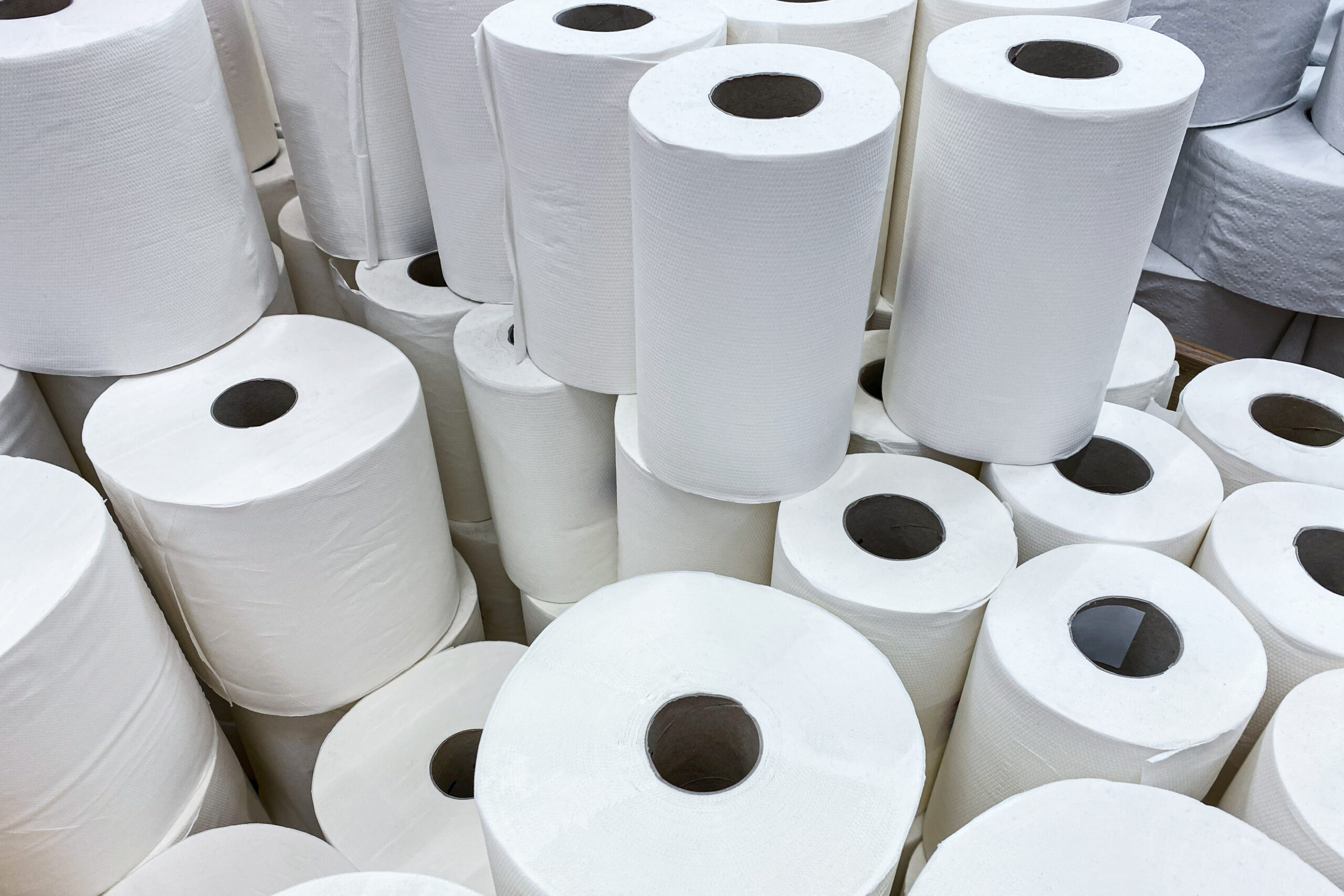Gas prices are constantly fluctuating, but the overall trend seems to always be upward. As the costs of gas—and everything—keep rising, learning how to save on gas has become increasingly important for drivers. Fortunately, there are some simple ways to improve your fuel efficiency and lower your gas costs. Here are some tips to help you make the most efficient use of every drop.
1. Keep up with your car’s maintenance
Regular maintenance is important to make sure your car is getting the best possible fuel efficiency. Making sure your engine is well-tuned includes changing the oil and oil filter, air filter, fuel filter, and spark plugs regularly. Keeping your tires properly inflated and aligned can also improve your gas mileage, so check them regularly, too!
2. Drive smoothly and steadily
Aggressive driving—like rapid acceleration and hard braking—can be fun, but going all Fast and Furious takes a toll on your fuel efficiency. Practice smooth and steady driving by gradually accelerating and braking. Anticipate traffic flow and use cruise control on the highway to maintain a constant speed. Driving more smoothly will help you save on gas.
3. Never idle more than you have to
You may have heard the warnings about ‘idle hands’… and it turns out that idle engines can be trouble, too. Leaving your car engine running while parked or waiting can waste fuel. Turn off your engine if you’ll be stopped for more than a minute or so. Whether you’re waiting in a drive-thru, picking up a friend, or waiting for a train to pass, minimizing unnecessary idling will help you burn less gas.
4. Optimize your route
Planning your trips efficiently can lead to significant fuel savings. Use navigation apps to find the shortest and most direct routes to your destinations. Combining errands into a single trip can also reduce mileage and save gas. Avoid rush-hour traffic whenever possible—in addition to being stressful, being stuck in traffic wastes fuel!
5. Lighten your load
Carrying excess weight in your car can decrease fuel efficiency. Remove unnecessary items (no, not family members, you have to keep them!) from your car and trunk and avoid keeping anything you don’t absolutely need to have in the car. For long trips, consider removing roof racks or cargo carriers when not in use—they create wind resistance and reduce aerodynamics, which actually means higher fuel consumption.
6. Use air conditioning sparingly
Running the air conditioning can put extra load on your engine and reduce fuel efficiency. At lower speeds or during cooler weather, consider opening windows for ventilation instead. At higher speeds or on scorching days, using air conditioning is usually more fuel-efficient than driving with your windows down, because having your windows closed reduces drag.
7. Use the right gasoline for your car
Check your vehicle’s owner manual to see the recommended type of gasoline. Using higher octane fuel than specified won’t provide any additional benefits and may result in unnecessary expenses. Unless your vehicle specifically requires premium fuel, opt for regular or mid-grade gasoline to save money. Today’s fuel is refined enough that while it may impact performance slightly, using a lower grade of gas will not damage your engine.
8. Consider carpooling or public transportation
Sharing rides through carpooling or using public transportation can significantly reduce your individual fuel expenses. Carpool with friends, family, or colleagues who live nearby or have a similar daily commute. Additionally, explore public transportation options for regular trips to work or other frequently visited locations.
9. Use reward programs and discounts
Some gas stations offer reward programs or discounts on fuel purchases. Sign up for these programs and use apps or websites to find the best deals and lowest gas prices in your area. Even small savings per gallon can add up over time.
The bottom line
Saving on gas doesn’t mean you have to make drastic changes to your driving habits; instead, it’s about adopting simple and mindful practices. Regular vehicle maintenance, smooth driving, and efficient route planning can significantly improve your fuel efficiency.
Avoiding excessive idling, reducing weight, and using air conditioning carefully further contribute to cost savings. Carpooling, public transportation, and reward programs are additional strategies to help you save on gas. By incorporating these tips into your daily routine, you can lower your fuel expenses. For more ways to save money on car-related stuff, check out our article How to budget and save on car maintenance.



